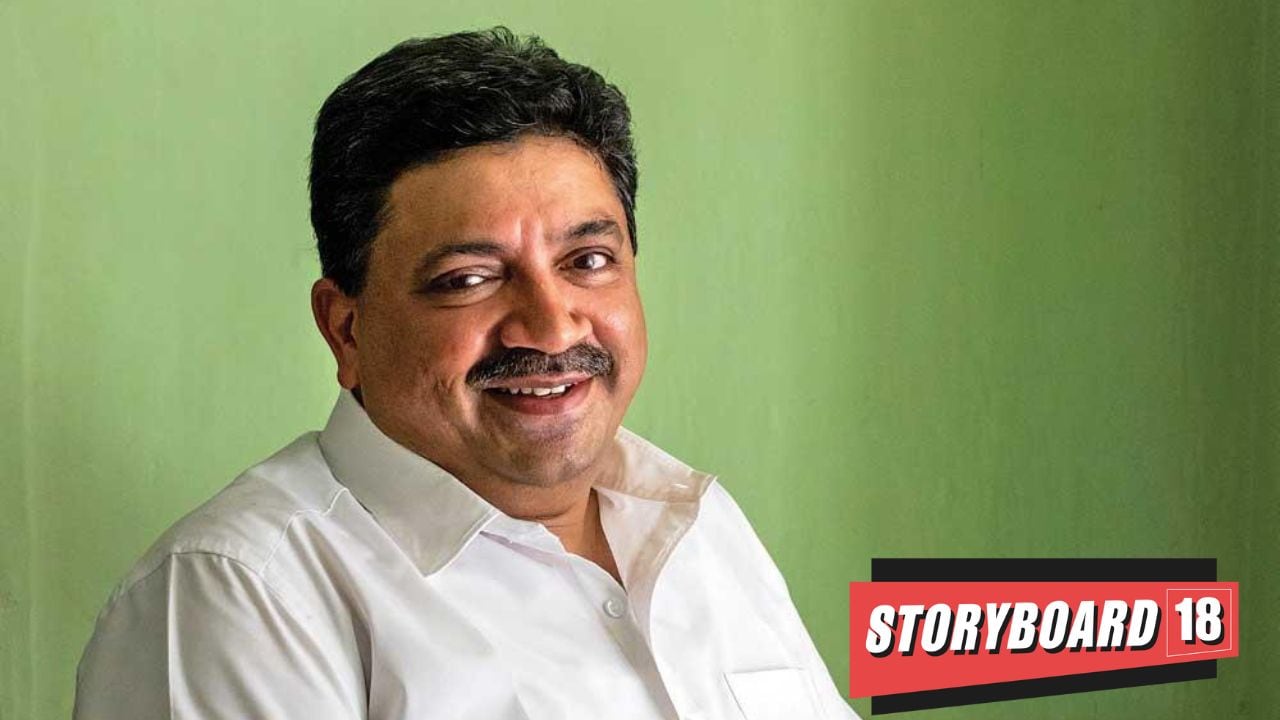The Information and Technology Minister of Tamil Nadu— Dr. Palanivel Thiagarajan has emphasised that all elected governments of the respective states or levels must work together on the gaming sector policies, irrespective of political party background.
Thiagarajan was present at the 16th edition of the India Game Developer Conference (IGDC) which is being organised by the Game Developer Association of India (GDAI).
Addressing Storyboard18’s query on the gaming sector growth, the IT Minister said, “In a lot of cases, the Union government has not worked as closely with the states as it should have or as even-handedly. I don’t want to talk about political colour here, but sometimes the decisions are skewed by political considerations.”
“We have all encouraged multiple times that the policies, the decisions, the allocations, the investment, the collaboration should be apolitical. We are all elected governments in our respective areas or levels of government, and we must work together, irrespective of political party background.”
He further added,“I was very happy to hear from the special secretary, I&B ministry who sees the role of the States, and that the Union is keen on working along with the states.”
It is to be noted that policies, foreign affairs, import-export regulations, free trade, etc. are regulated by the union visas— all those are not state subjects.
On the other hand, land, actual subsidies, and actual employment laws, are all state subjects.
“They (Centre) need us to achieve what the vision the Prime Minister has of the country’s growth,” Thiagarajan remarked.
Speaking on the growing potential of the gaming sector in the country, he partially attributed the same to the increasing divestment from China and subsequently India emerging as the first choice for many global enterprises.
“There is a very imminent and urgent desire for the global economy to divest rapidly out of China, or at least to not invest a single step more because the Chinese companies have become so big, so aggressive, so competitive, that they may take over the world market, if more intellectual capital and more investment goes in there. This produces the kind of opportunity for India that we have certainly not seen so far.
And coupled with the fact that at least from now, for the next 20 years, India will be the biggest source of human talent in the world; it gives us the ideal conditions for explosive growth in gaming sector.”
“The opportunity set is so big that we don’t need to be worrying about competing with each other. We can all do the best we can, and still there will be left over.”
In his address, Thiagarajan also mentioned that the greatest luxury Tamil Nadu has is the scale of educated workforce and the diaspora it has produced over the last 100 years.
Read more: EXCLUSIVE: Telangana govt to form separate e-sports policy, confirms IT Minister
“We are only about to release our first AVGC policy. Telangana has already gone to release 2.0; so despite in some ways being slow and behind the curve and without proper allocation or comparatively without adequate allocation, we have come this far simply because of the sheer volume of the workforce that is being skilled because we are such a urbanised state,” he highlighted.
The Minister also emphasised the power of southern states.
“The southern states broadly have both economically and in human capital development, a good track record. We have so far seen the benefits of it and there’s a lot more to do. Therefore, the scale of the opportunity (in the gaming sector) cannot be overstated.”
Interestingly, from being number four in manufactured electronics goods export three years ago, the State has today stands at number one.
Almost all of that was smartphone production that was either done in China, moved out of China to Tamil Nadu, or would have gone to China, but is now being done in Tamil Nadu instead. “That’s how big the opportunity set is— this is still scratching the surface,” he said.
Tamil Nadu was the first state to pass a bill banning real money gaming, which later was struck down by the courts as unconstitutional.
“We are all politicians elected by the public, and we respect the public sentiment because we are seeing a lot of cases of suicide, bad debts problems.
We introduced a modified bill (on real money gaming ban) and this time it withstood the scrutiny of the court.
But of course, passing the law is one thing, then interpreting it and applying it and creating a regulatory authority and getting it to function is a completely different set of effort,” he shared.
Under the current law, this ban on real money game is in the Home Ministry and enforced by them and the authority reports to them, whereas the industry is in the IT sector.
The Minister also highlighted that the state has had some meetings and is going to constitute a formal working group.
“We’ll clean up the gazette notifications and the interpretations so that it’s very clearly focused on real money games and does not affect the rest. But these are the teething pains of being the pioneer. If you are the first one to pass a law and set up an authority, sometimes you have to kind of take a couple of iterations before you get it right,” he concluded.
